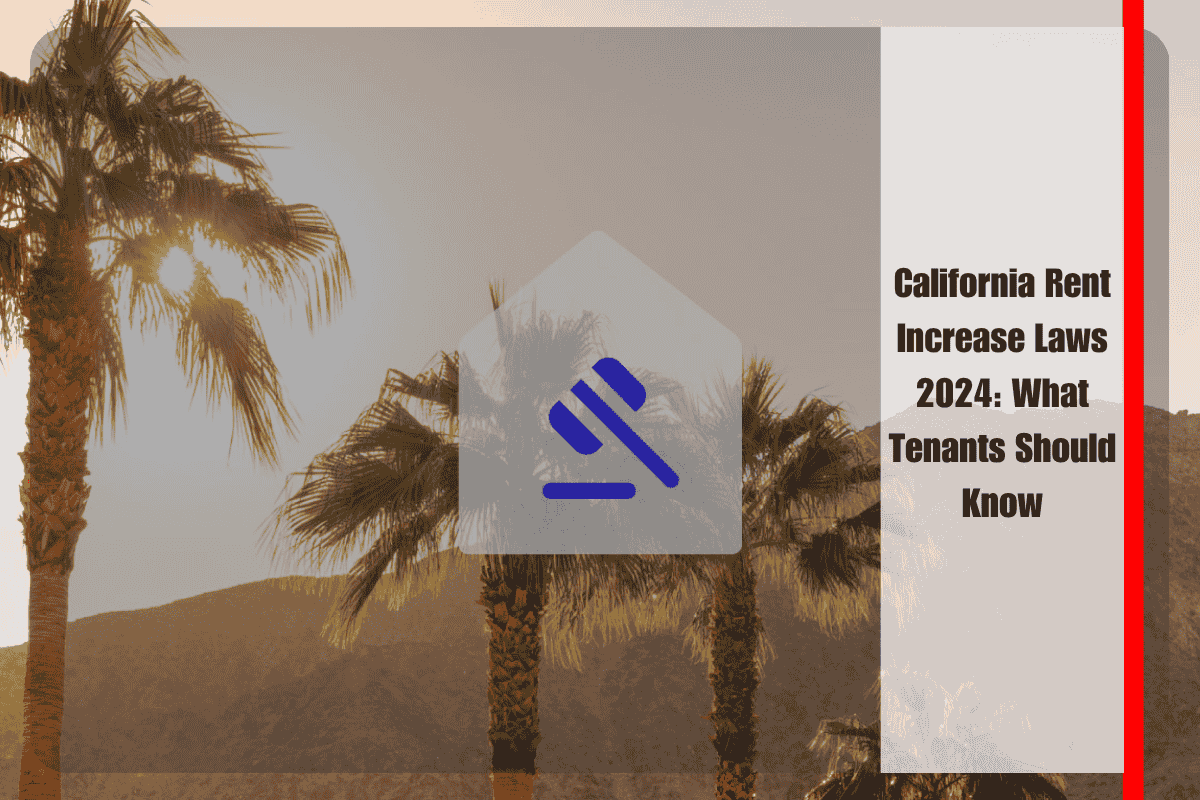Renting a home or apartment in California comes with certain rights and responsibilities for both tenants and landlords. In 2024, it’s important for tenants to understand the rules that control how much a landlord can increase rent. These laws are designed to protect tenants from unfair increases while ensuring landlords can still earn a fair return on their property. Let’s take a look at what tenants should know about rent increases in California.
California Rent Control Laws: What Are They?
California has specific laws to protect tenants from drastic rent increases. The California statewide rent control law is known as the California Rent Control Act or AB 1482, which applies to most residential properties built before January 1, 2005. These laws limit how much rent can be increased and how often it can happen.
Under AB 1482, landlords can increase the rent for a property by up to 5% of the current rent or $100, whichever is lower, once every 12 months. However, there are exceptions to this rule. For example, properties that are new, built after 2005, or are single-family homes or condos (if the owner doesn’t have more than two properties) are usually not subject to these rent control rules.
Rent Increase Limits Under California Law
In 2024, the law limits the total increase in rent for covered properties to no more than twice within a 12-month period. The total increase cannot exceed 10% of the rent charged at the beginning of the rental agreement or 5% of the current rent, whichever is higher.
If a landlord raises the rent more than these limits, the increase is considered illegal under California law, and tenants may be able to take legal action.
Notice of Rent Increase in California
Landlords must give tenants proper notice before raising the rent. If the increase is less than 10% of the rent, the landlord must give at least 30 days’ notice. However, if the increase is more than 10% of the rent, the landlord must provide 60 days’ notice. This notice must be given in writing and state the amount of the increase and the date it will take effect.
Exceptions to Rent Control Laws
There are a few exceptions where rent control laws do not apply. These include new buildings: If a property was built after January 1, 2005, it is generally exempt from statewide rent control laws. Certain single-family homes: Landlords who own only one or two single-family homes or condos are not subject to the rent control laws. Subsidized housing: Properties that receive government subsidies or are subject to government rent control programs are not subject to these laws.
How Rent Increases Work in Areas with Local Rent Control
While the statewide rent control laws apply to most parts of California, many cities have their own rent control laws. For example, Los Angeles, San Francisco, and Santa Monica have local ordinances that limit rent increases even more strictly. In these cities, landlords must follow local rules, which may provide stronger protection against rent hikes than the state law.
Can a Landlord Raise Rent Without Following the Law?
No. If a landlord raises rent in violation of the rent control laws or without proper notice, it is illegal. Tenants who believe they have been unfairly charged higher rent can file a complaint with the local rent control board or even take legal action in some cases.
What Should Tenants Do If They Receive a Rent Increase?
If you receive a rent increase notice, it’s important to check if the increase follows the rules. Make sure the increase is within the legal limits and that proper notice was given. It’s also a good idea to talk to your landlord. If you feel the increase is unfair, discussing it with your landlord may help. Sometimes, they may be willing to negotiate. If you believe your rights are being violated, consider talking to a local tenant rights group or an attorney.
Understanding California’s rent increase laws is crucial for tenants to ensure their rights are respected. In 2024, tenants are protected by rules that limit how much and how often rent can be increased, but there are exceptions to these laws. Knowing the specifics can help you stay informed and avoid unfair rent hikes. Always read any rent increase notices carefully and don’t hesitate to take action if you think something is wrong.
Sources
[1] https://oag.ca.gov/system/files/media/Tenant-Protection-Act-Landlords-and-Property-Managers-English.pdf
[2] https://www.mountainview.gov/our-city/departments/housing/rent-stabilization/state-laws/state-law-ab-1482
[3] https://www.ccrentalpro.com/understanding-ab-1482-rent-increases-for-2024-key-cpi-figures-now-available
[4] https://www.socalrha.org/ab-1482—-rent-caps-and-just-cause
[5] https://caanet.org/all-cpi-figures-for-2024-ab-1482-rent-increases-now-available/












